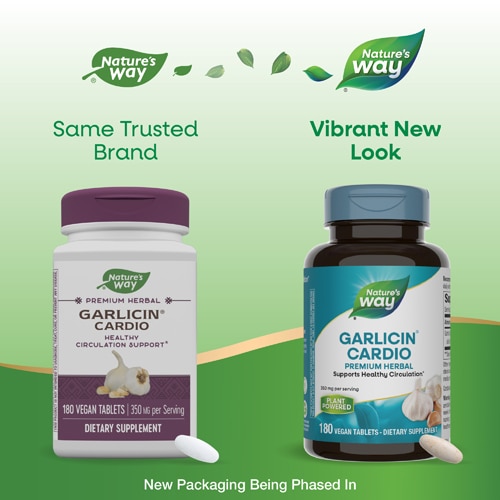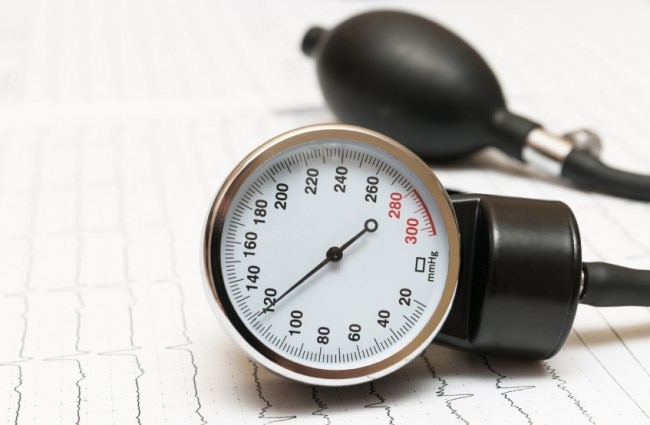Most women know their dress size, their kids’ birthdates and their Social Security number. But far fewer women know a handful of numbers that could mean the difference between life and death.
Health care experts recommend that every woman find out her blood pressure, total cholesterol, triglyceride and glucose levels, along with her BMI (body mass index). However, many women are unfamiliar with some or all of these figures.
“Women are typically taking care of everyone else, and we place ourselves too low on the list,” says author and lifestyle consultant Jennie Johnson, a registered nurse and co-founder of Living for a Healthy Heart.
Placing yourself too low on the list could, frankly, be a fatal misstep. Knowing your blood pressure, total cholesterol, triglyceride, glucose and BMI numbers can help you ward off heart disease, stroke and other cardiovascular diseases, along with a host of other ailments such as diabetes. Collectively, cardiovascular diseases kill more American women each year — nearly 400,000 in 2011 — than cancer or any other single cause, the American Heart Association says.
“I adhere to the adage, ‘Knowledge is power.’ If we can identify the woman who is more likely to have a heart attack or stroke, we can treat them accordingly,” says Dr. Matthew Budoff, a cardiologist who is a professor at UCLA’s David Geffen School of Medicine.
Thankfully, identifying your blood pressure, total cholesterol, triglyceride, glucose and BMI numbers isn’t difficult. Blood tests are required to determine total cholesterol, triglyceride and glucose levels, whereas less invasive methods are used to measure blood pressure and BMI.
Budoff explains that a patient and her physician can act on each of these results if they’re abnormal, with experts saying reversing the bad numbers could involve prescription medications, dietary changes and stepped-up exercise regimens. Budoff notes that in many cases, the results will be normal.
Here’s a rundown of these five important health indicators.
1. Blood pressure
According to the Mayo Clinic, measuring your blood pressure is as simple as a health care professional slipping a blood pressure cuff on your arm, inflating the cuff and taking a reading. While the cuff might be uncomfortable, the test doesn’t last long.
Hypertension (high blood pressure), hypotension (low blood pressure) and heart disease are among the conditions that can be detected through a blood pressure test, the Mayo Clinic says.
A woman should maintain a blood pressure level lower than 120/80, experts say.
“When your heart has to work harder to pump blood throughout your body, your blood pressure rises,” says registered nurse Rebecca Lee, founder of natural health website RemediesForMe.com. “The harder your heart has to work to pump blood, the more at risk you are for heart attacks and stroke.”
2. Total cholesterol
Your total cholesterol is made up of two components: HDL, or good cholesterol, and LDL, or bad cholesterol. A woman’s HDL should be 60 mg/dL or above, the National Institutes of Health says, and a woman’s LDL should be less than 200 mg/dL. Those numbers can be learned through a blood test.
When the HDL-LDL ratio is off kilter, it can cause plaque to build up in the arteries, raising your risk for heart disease and stroke, experts say.
“The best combination for your heart health is to have high levels of HDL, and low levels of LDL and triglycerides,” Lee says.
3. Triglycerides
Triglycerides are, like cholesterol, a form of fat in your blood that can bump up your risk for heart disease, the National Institutes of Health says. Like HDL and LDL, triglyceride levels can be checked through a blood test.
William Jiang, former chief of Columbia University’s Medical Library, says normal triglyceride levels are lower than 150 mg/dL.
4. Glucose
When glucose (“sugar” ) levels are too high, you’re in hyperglycemia territory, according to Jiang, and when they’re too low, you’re in hypoglycemia territory.
According to Virginia Mason Medical Center in Seattle, a normal glucose level (no food for eight hours) sits between 70 and 99 mg/dL, while a normal glucose level two hours after eating is less than 140 mg/dL. A blood test can pinpoint your glucose level. A level that’s deemed too high could indicate you have diabetes.
“Women who have constantly elevated blood sugars are more prone to stroke, heart attack, blindness, nerve damage and more,” Jiang says.
5. BMI
Body mass index (BMI) is a yardstick for body fat based on height and weight, the National Heart, Lung and Blood Institute says. A BMI of 25 to 29.9 signals that you’re overweight, and a BMI of 30 or greater signals that you’re obese.
Various online calculators allow you to calculate your BMI, including this one from the CDC. A health care professional also can gauge your BMI.
“Perhaps the major culprit underlying this scourge [of cardiovascular disease] is obesity, which contributes to diabetes, high blood pressure and other problems,” says Dr. Morton Tavel, clinical professor emeritus of medicine at Indiana University’s School of Medicine and author of “Health Tips, Myths, and Tricks: A Physician’s Advice.”
Other tests
Budoff, the UCLA cardiologist, also recommends that women undergo something called a calcium scan.
“This test looks for plaque in the coronary arteries. It was highlighted in the documentary ‘The Widowmaker.’ We use it to track plaque and determine from their ‘calcium score’ who needs therapy,” Budoff says. “Since heart disease kills 10 times more women than breast cancer each year, it is crucial for women to focus on their heart health, especially after menopause or if they have early risk factors for heart disease, such as diabetes.”
Lee, the registered nurse, says that all of the tests described in this article can alert you to “signs and symptoms” that can help prevent disease.
“Preventing diseases … is the easiest and cheapest way of living a healthy life,” Lee says.




